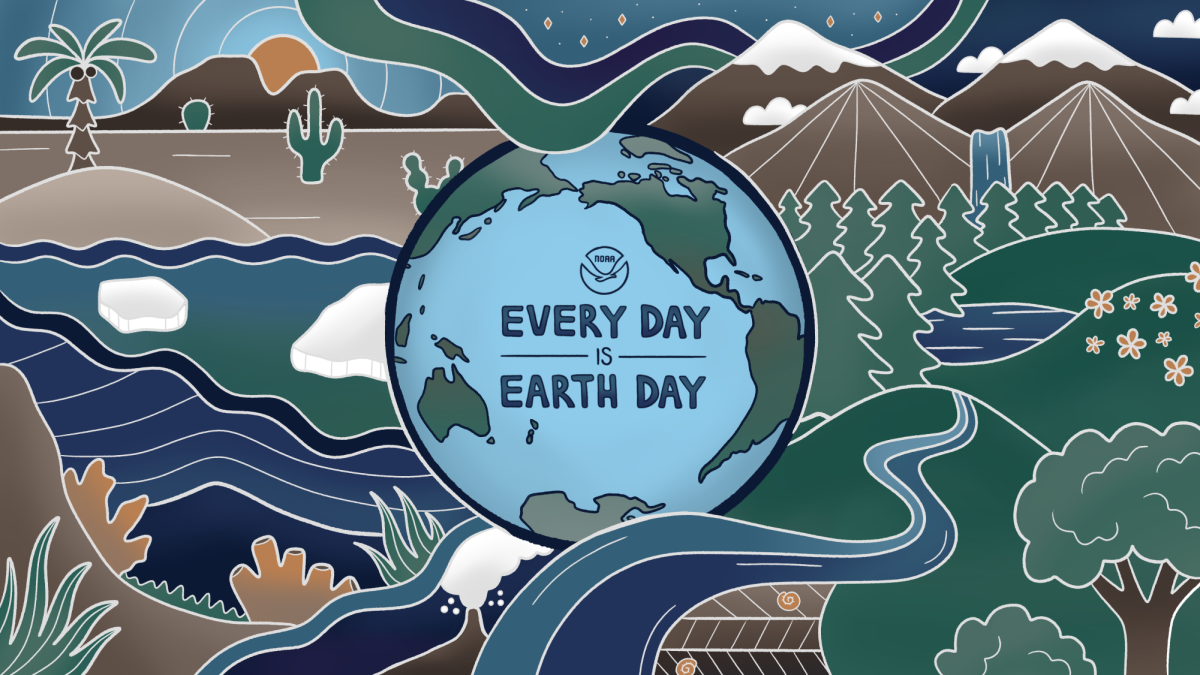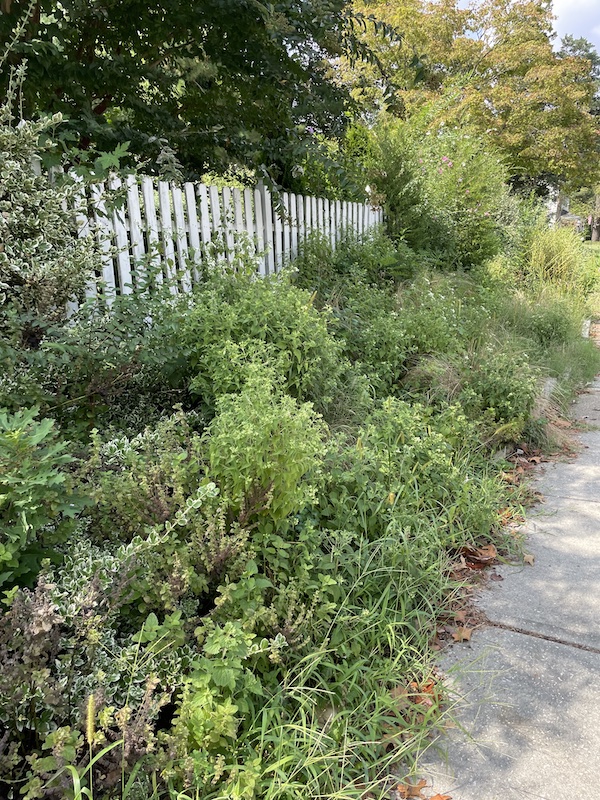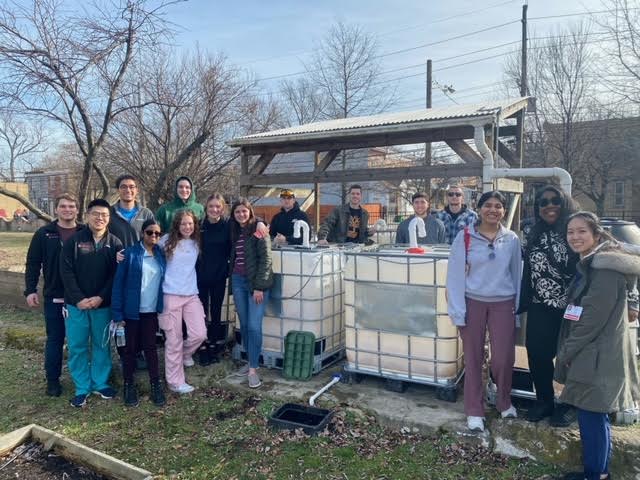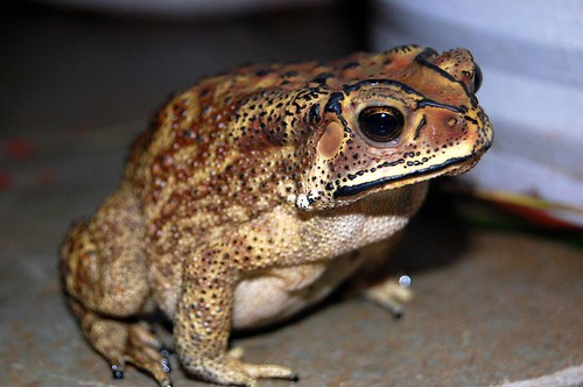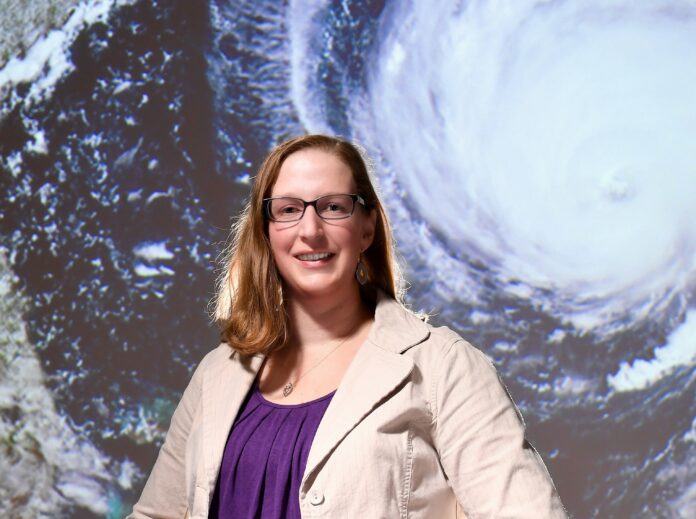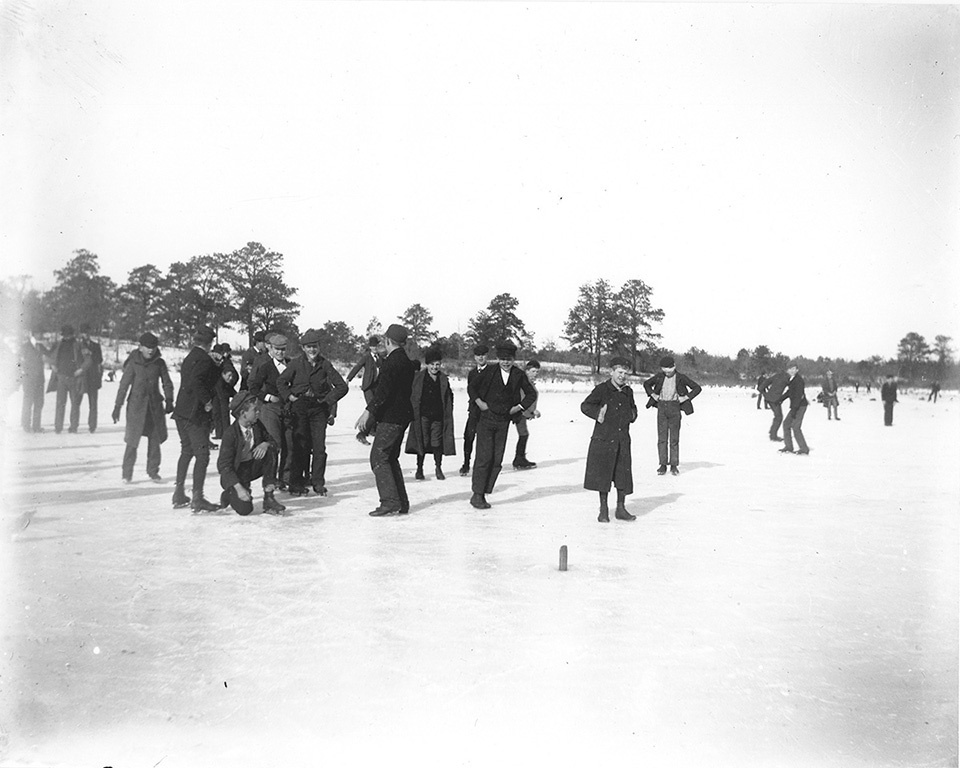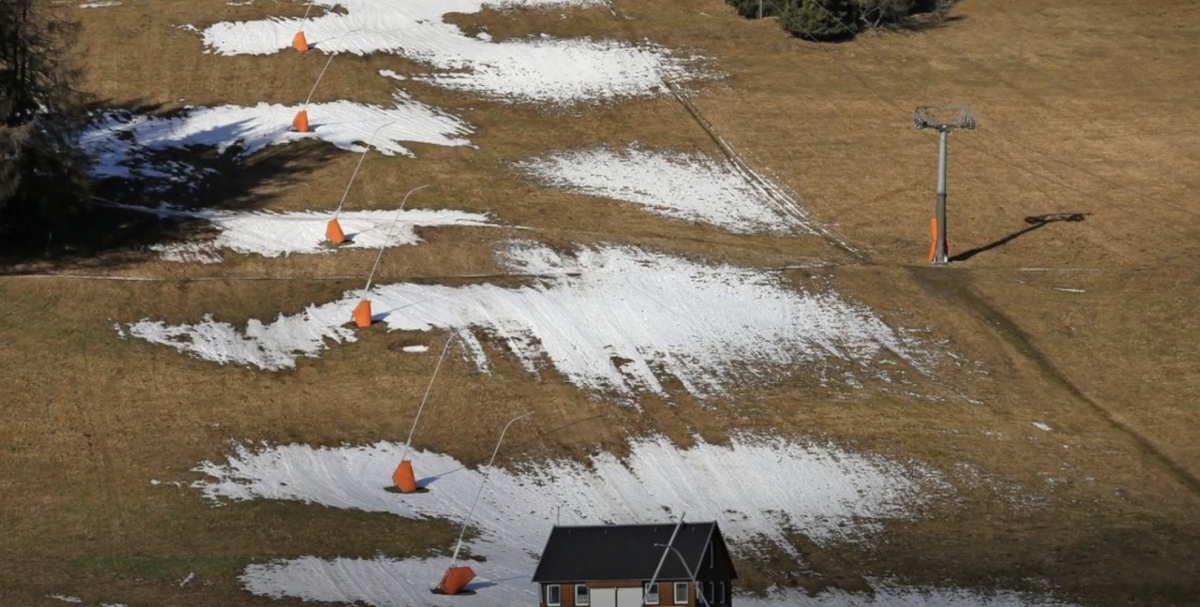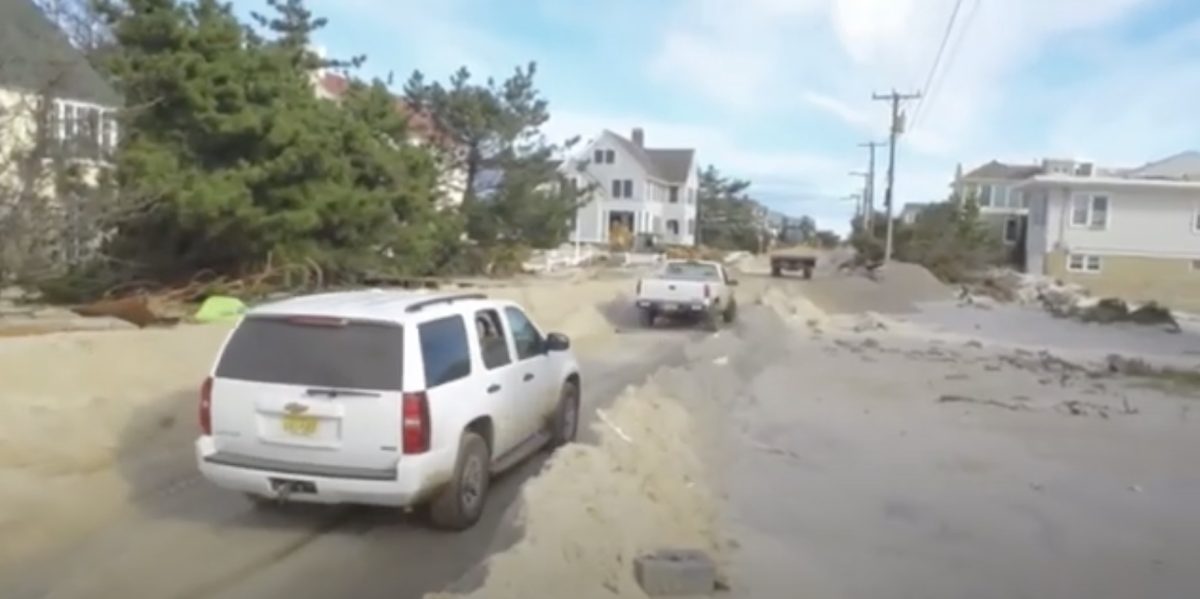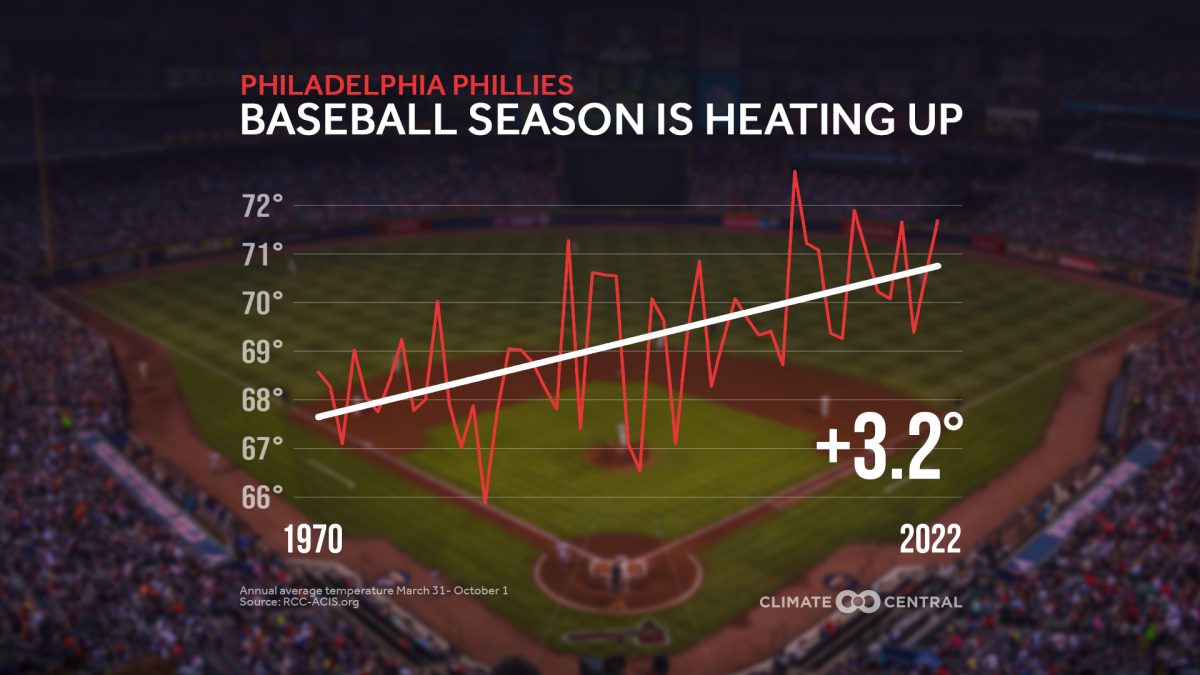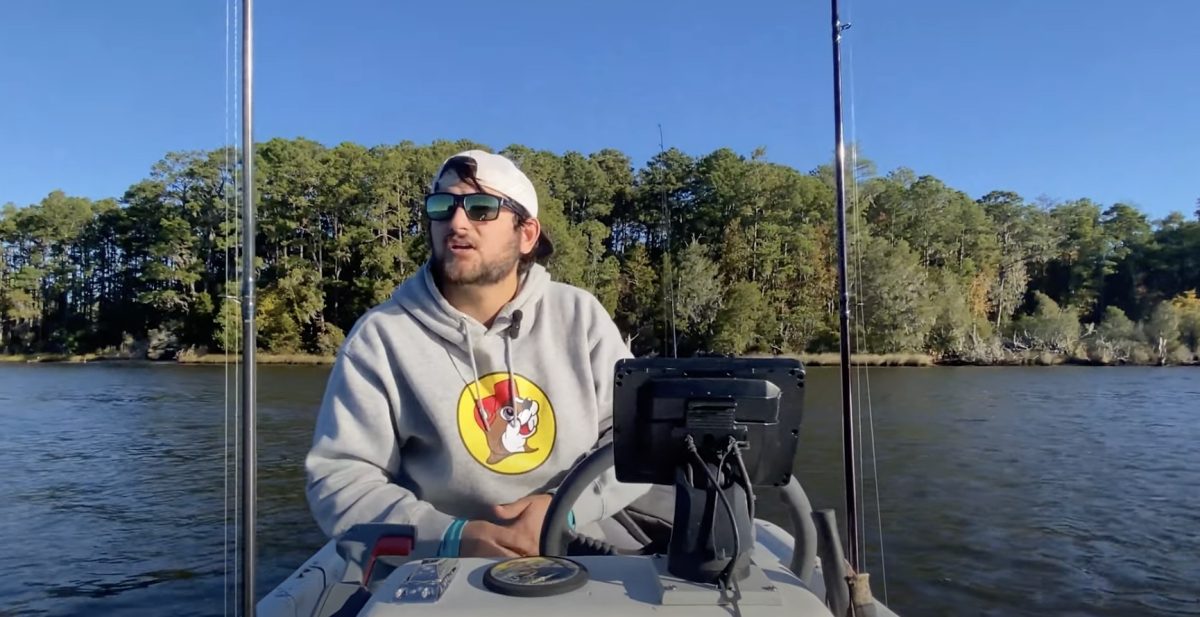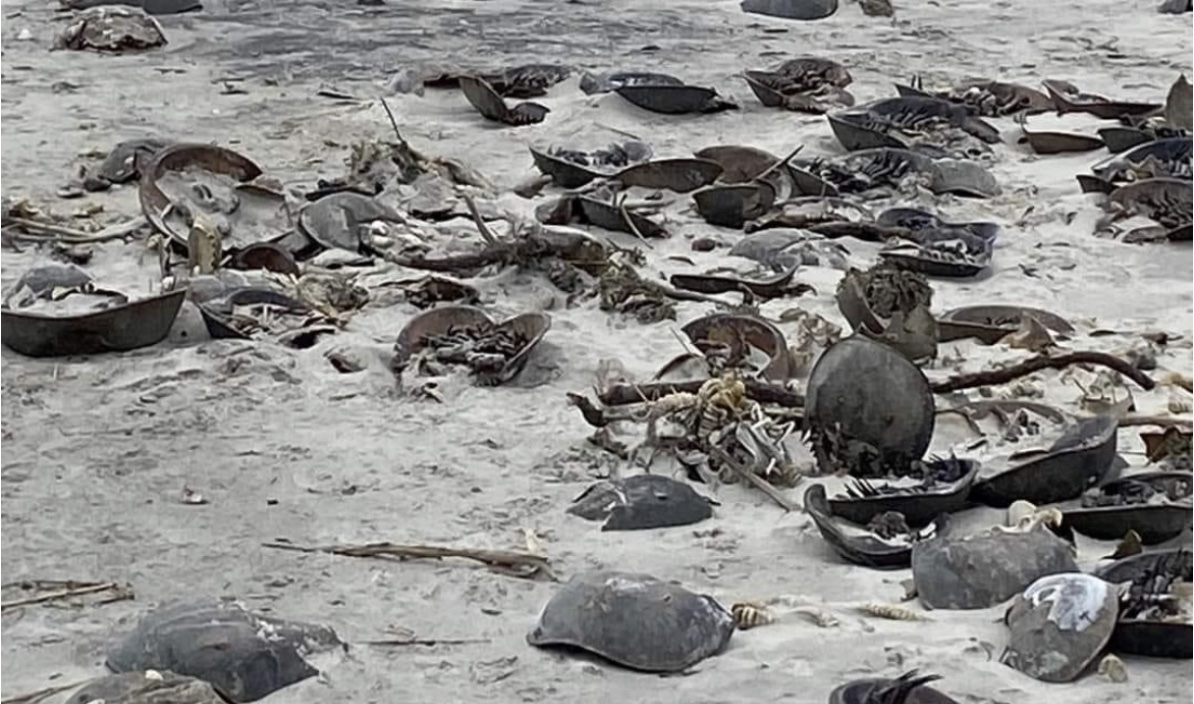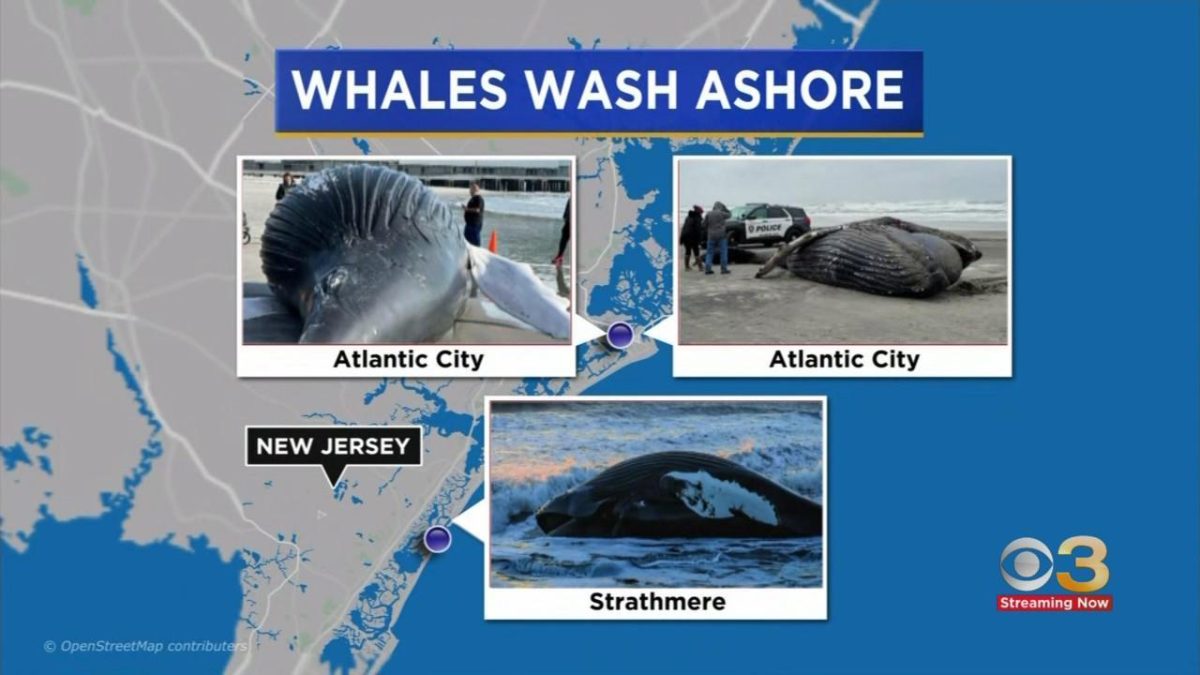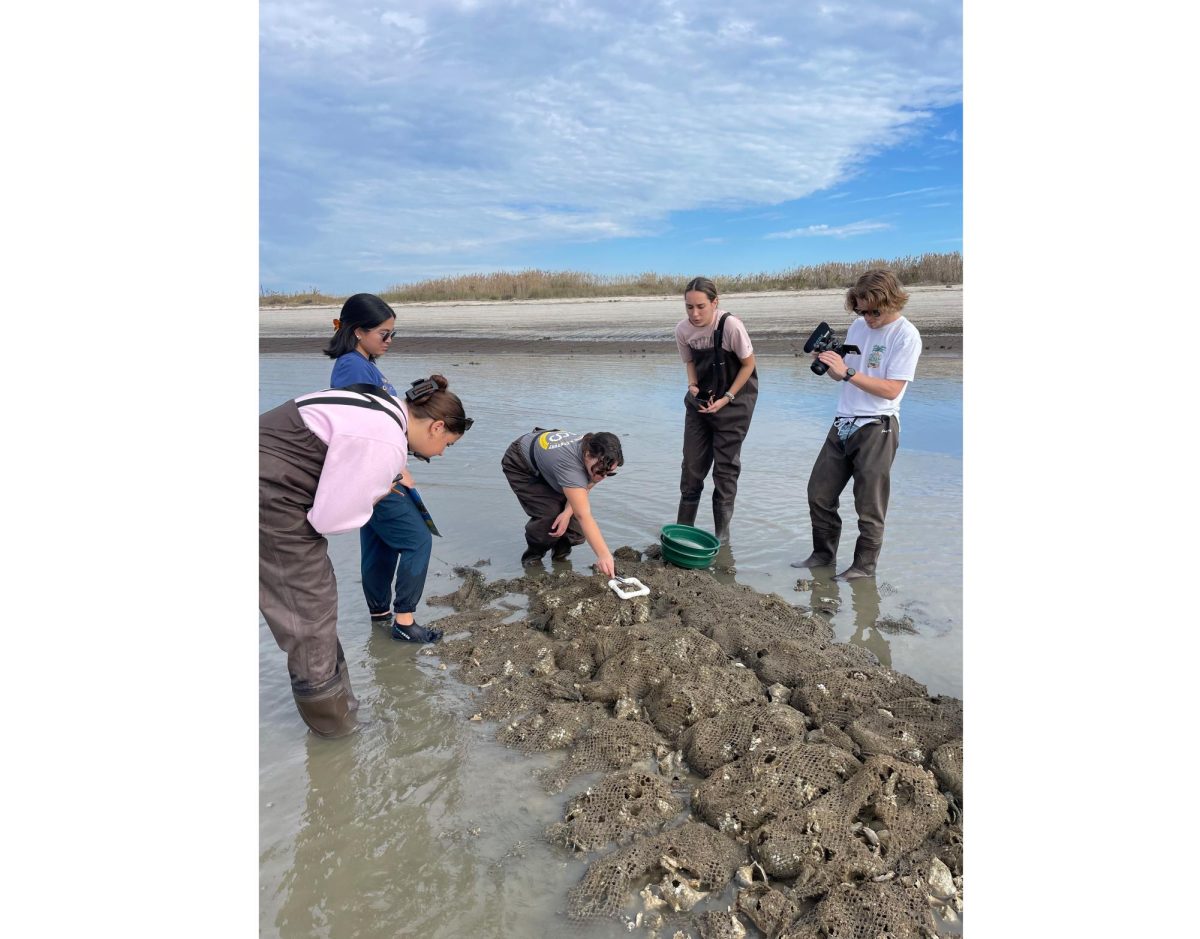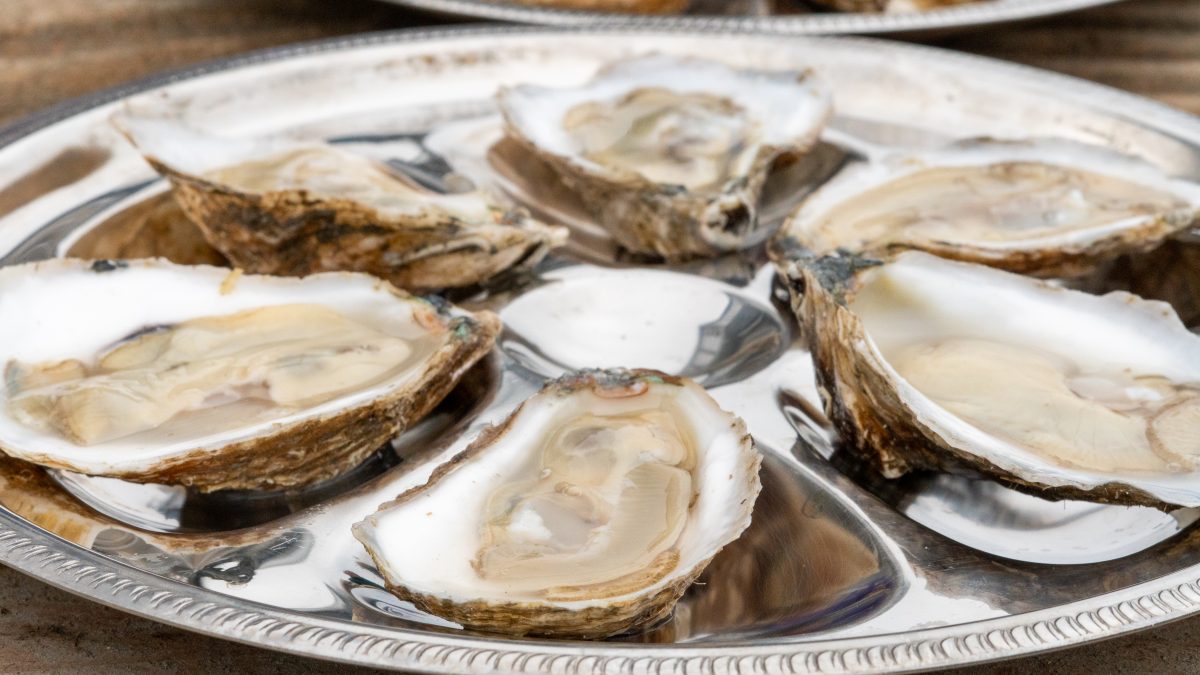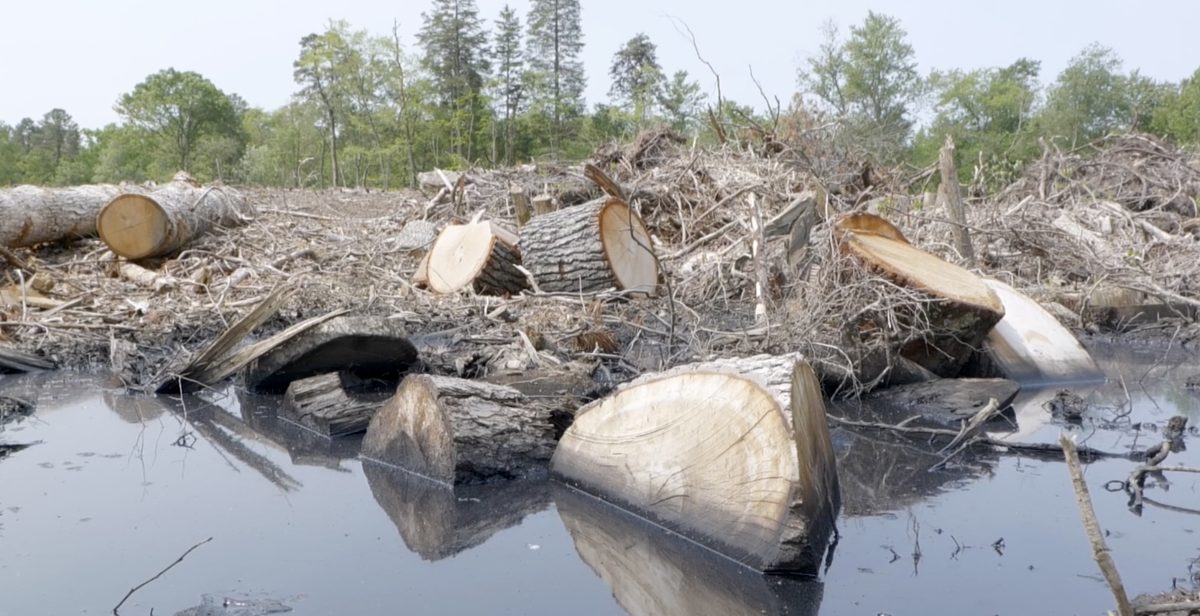By Kallie Hanley
According to NASA, climate change is defined as “a change in the usual weather found in a place. This could be a change in how much rain a place usually gets in a year, or it could be a change in a place’s usual temperature for a month or season.”
Who would think that there would be any correlation whatsoever between amphibians and climate change, especially being given NASA’s definition? What is the significance of amphibians to the environment?
According to the USGS Science For a Changing World, amphibians “eat insect pests which is a benefit to agriculture and help control mosquitos which benefits human health. Their moist, permeable skin makes amphibians vulnerable to drought and toxic substances, so they are exceptional indicators of ecosystem health.”
It is essentially all a chain of events that correlate with one another to make and or break climate change. Moving temperatures and adjusted precipitation behaviors will rearrange species organizations of environmental networks at the southern edges of their ranges, adjusting the setting for subordinate untamed life species.
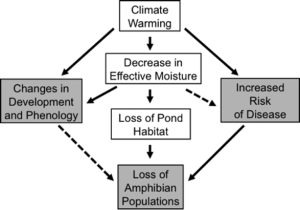
Higher temperatures and adjusted precipitation designs could warm waterways, streams, wetlands, and other sea-going frameworks, with malicious ramifications for freshwater creatures. More serious precipitation could cause extra flooding furthermore. It could also cause disintegration in streams and waterways, with an assortment of harmful ramifications for other creatures.
Thus, the flooding could persuade landowners inside riparian territories to solidify waterway and stream banks to ensure property and foundation, further adjusting significant untamed life natural surroundings. Lower water levels in waterways and streams could block fish admittance to bringing forth and overwintering regions, and less steady precipitation into vernal pools could bring about drying that dispenses with and further confines these significant natural life environments.
Heavier surface and groundwater withdrawal by people during dry spells could fuel these issues. Hotter winter temperatures will permit less cool lenient species, including tricky invasive species and microbes, to extend their reaches into New Jersey, affecting local natural life and their territories.
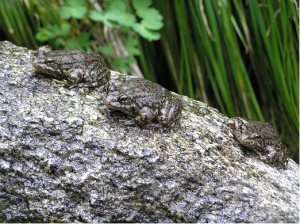
In a climate change summary for the New Jersey Wildlife Action plan, it is said that “climate change is affecting wildlife habitats and ecological communities in New Jersey with more rapidly rising sea levels, more variable precipitation patterns, higher temperatures, and more. In addition to direct impacts, climate change is interacting with other stressors like habitat destruction, pollution, invasive species, off-road vehicle use, and an overabundance of white-tailed deer to deleteriously affect New Jersey’s wildlife and ecological communities (Johnson and Strakosch Walz, 2013; Manomet and NWF, 2013b; Staudinger et al., 2013; Faass et al., 2012).”
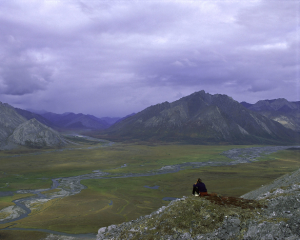
Amphibians and climate change have been an issue for decades, and the Conserve Wildlife Foundation of New Jersey emphasizes this outstanding period of time by informing us “since the 1970s worldwide amphibian populations have been in decline. Habitat loss is the main cause of declines but pollution, habitat degradation, invasive species, and a changing climate are also important factors.”
They also add to the significance of amphibians by adding “amphibians serve important functions in the natural world. They have a huge role in the nutrient cycle; serving as both predator and prey, they help keep our waters clean, pests under control, and nutrients moving up the food chain. Most amphibians have distinct larval and adult stages which are split between terrestrial and aquatic habitats- making them uniquely vulnerable to habitat loss and degradation.”
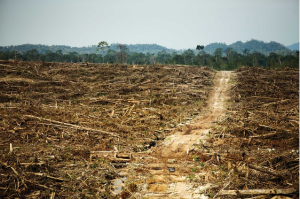
In an interview with a wildlife biologist, Allegra Mitchell, also a part of the Conserve Wildlife Foundation of New Jersey, said New Jersey is predicted to have a greater impact on climate change than the rest of the country, so as a result we will have more severe weather conditions. This chain of events connects and evolves over time.
She said, “Extreme precipitation events have increased about 71% in the Northeastern US in the last 50 years.” She makes it very apparent that this one problem has many underlying problems within it and it only gets worse through time, so change is needed for amphibians and us as human beings. Human health and wildlife health depends on it!
In another interview with a USGS research ecologist Adam Terando noted, “Sharp changes in precipitation results in sharp changes in ecosystems and the ecological zones.”
From rain forests to dry forests, including completely different landscapes and mixes of species, amphibians and climate change are both hurt tremendously. Terando said that we need foundational research to build knowledge of our unknowns and uncertainties to create a response for a positive outcome. We need solid information as well as solid questions to form an influential impact.
For further reading:
>https://www.fs.usda.gov/ccrc/topics/amphibians-and-climate-change
>https://www.nj.gov/dep/climatechange/pdf/Appendix%20N-ClimateChangeSummary_NJSWAP.pdf

